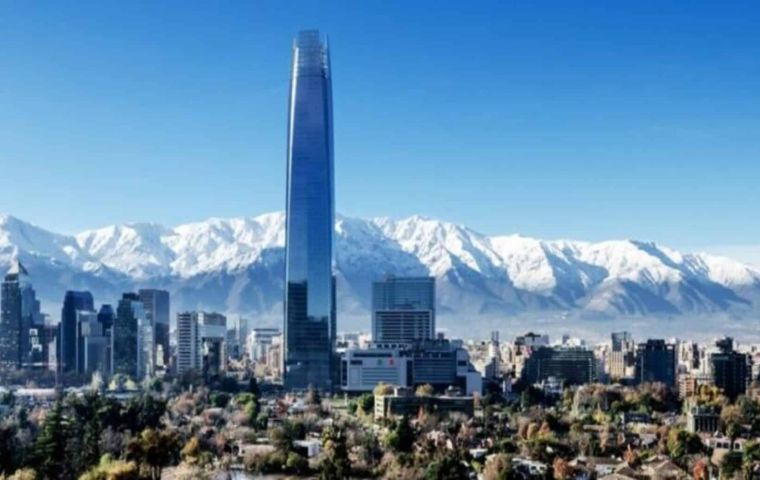MercoPress. South Atlantic News Agency
Ecological overshoot reported in Chile for the sixth straight year
 These unwanted results endanger food security and water availability, it was explained
These unwanted results endanger food security and water availability, it was explained The Global Footprint Network (GFN) monitoring ecological developments reported that Chile has exhausted its annual natural resources by May 17, 2025, technically known as an “overshoot,” thus becoming the first South American country to do so this year. If global consumption mirrored Chile's, 2.7 Earths would be needed to sustain it, the organization argued.
Greenpeace Chile Spokesperson Silvana Espinosa stated that “if the entire world population had the consumption and pollution parameters of Chileans, this May 17, the demand for natural resources would exceed what the planet can regenerate in the remainder of the year.”
This overshoot reflects unsustainable resource use, worsening climate change, biodiversity loss, and pollution, it was explained. Chile also has high PM2.5 pollution levels, with six southern cities among Latin America's most polluted (Coyhaique, Nacimiento, Pitrufquén, Osorno, Padre Las Casas, and Victoria)driven by wood burning, mining, and forest fires. Despite a slight decrease in PM2.5 concentration (from 18.8 to 16.6 micrograms per cubic meter), it remains three times above the World Health Organization's (WHO) recommended limits.
The World Wildlife Fund (WWF) urges ecosystem restoration, marine protection, and sustainable policies to address these crises.
Chile's footprint (2.7 Earths) is higher than the global average (1.7 Earths) but lower than affluent nations like the U.S. (7.5 gha per person) or Switzerland (4.25 gha). This positions Chile as a middle-to-high consumer. While global overshoot has slowed slightly, Chile’s consistent early overshoot suggests it faces unique challenges in aligning with global sustainability goals. Solutions like ecosystem restoration and reduced pollution are critical for both, but Chile requires targeted interventions to address its specific environmental stressors.
In addition, the Chile World Air Quality Report (IQAir) reported last year that Chile tops the list of Latin American and Caribbean countries with the highest levels of fine particulate matter (PM2.5) pollution in the region.
“The Ecological Overshoot is an urgent wake-up call,” WWF Director Ricardo Bosshard said. “We cannot continue living as if we had more than one planet at our disposal. We must adopt concrete and sustainable solutions that reduce our ecological footprint and protect the natural resources on which we depend,” he added.
These unwanted results endanger food security and water availability, while increasing climate and health risks. They also showed the importance of integrating the biodiversity and climate change agendas. In Chile, ecosystem restoration, effective management of Marine Protected Areas, and the implementation of Nature-based Solutions (NBS) are key steps to reverse this trend.
“WWF Chile calls for collective action, highlighting the role of public policies, companies, and citizens in building a more sustainable development,” the organization also noted.




Top Comments
Disclaimer & comment rulesCommenting for this story is now closed.
If you have a Facebook account, become a fan and comment on our Facebook Page!